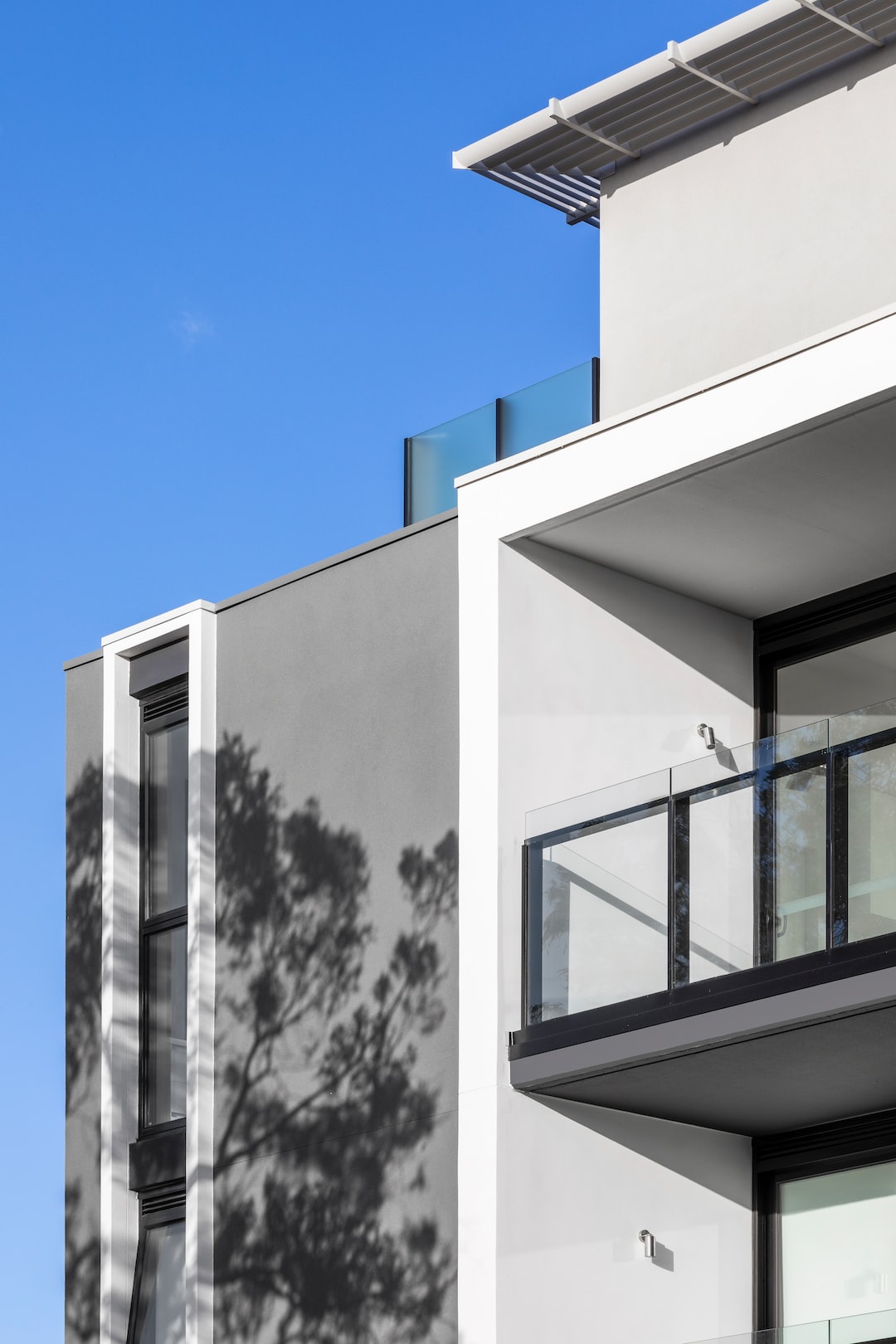The future of property: Sustainable and eco-friendly housing trends
In recent years, there has been a growing concern about the environmental impact of various industries, including the property market. As a result, there has been a shift towards sustainable and eco-friendly housing trends. These trends not only address the environmental concerns but also provide homeowners with a myriad of benefits. Let us explore the future of property and the emerging eco-friendly housing trends.
One of the key trends seen in sustainable housing is the use of renewable energy sources. Homeowners are increasingly opting for solar panels to generate electricity. Not only does this help reduce the dependence on non-renewable sources of energy, but it also lowers the carbon footprint of the property. The surplus energy can be stored and utilized during times when there is limited sunlight. Additionally, governments are encouraging the use of renewable energy sources by providing subsidies and tax benefits, making it an attractive option for homeowners.
Another important trend in sustainable housing is energy-efficient design and construction. Builders are now incorporating energy-saving technologies and materials into their projects. From insulation to windows and appliances, every aspect of the house is designed to reduce energy consumption. For instance, energy-efficient windows are designed to minimize heat transfer and maintain optimal indoor temperatures, reducing the need for air conditioning or heating. Such measures not only help conserve energy but also reduce utility bills for homeowners.
Water conservation is also a critical aspect of sustainable housing. With the global water crisis, homeowners are becoming more conscious of water usage. Consequently, houses are being designed with innovative methods to reduce water consumption. Water-efficient fixtures, such as low-flow toilets and showers, are becoming increasingly common. Additionally, rainwater harvesting systems are being installed to collect and store rainwater for various household uses. These measures not only help conserve water resources but also reduce water bills for homeowners.
An emerging trend in sustainable housing is the use of eco-friendly building materials. Traditional construction materials, such as concrete and metals, have a significant carbon footprint. Builders are now exploring alternative, eco-friendly materials that are sustainable and have a lower environmental impact. Bamboo, for instance, is a versatile and renewable material that can be used in the construction of walls, flooring, and even furniture. Recycled materials, like reclaimed wood or salvaged bricks, are also gaining popularity in sustainable construction. By incorporating eco-friendly materials, homeowners can contribute to the reduction of carbon emissions while creating a healthier living environment.
Smart home technology is revolutionizing the way houses are designed and operated. Smart home systems can optimize energy consumption by controlling lights, heating, and cooling systems based on occupancy and environmental factors. These systems also allow homeowners to monitor and manage their energy usage, thus helping them make informed decisions to reduce waste. With the integration of artificial intelligence and machine learning, smart home technology is expected to become even more efficient, further reducing energy consumption and enhancing sustainability.
The future of property lies in the adoption of sustainable and eco-friendly housing trends. Apart from the obvious benefit of reducing environmental impact, homeowners can enjoy various advantages. Energy-efficient homes result in lower utility bills, providing long-term savings. Moreover, the increased use of renewable energies makes households less dependent on unstable energy markets and fluctuating prices. Additionally, sustainable housing often enhances the quality of living. With improved insulation and ventilation, indoor air quality is improved, reducing health risks associated with poor air circulation. Furthermore, the use of eco-friendly materials creates a natural and healthy living environment.
The journey towards sustainable housing is an ongoing process, but the future is indeed promising. Governments, developers, and homeowners are increasingly recognizing the importance of eco-friendly practices in the property market. With advancements in technology and increased awareness, sustainable and eco-friendly housing trends will become the norm rather than the exception. As the world moves towards a greener future, it is reassuring to see the property market taking proactive steps to ensure sustainable living for present and future generations.

